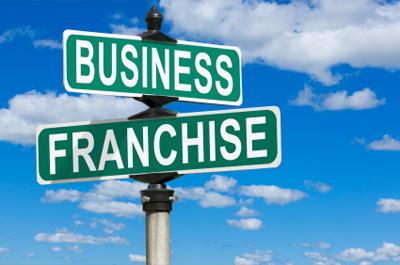On July 29, 2014, the National Labor Relations Board (NLRB) issued an Advice Memorandum (“memo”) which would greatly expand liability for franchisees across the country. The memo creates an expanded definition of the joint employer standard and directs administrative law judges to hold franchisors and franchisees jointly liable in a greater number of labor-related cases.
The previous standard on determining joint-employer status — which has been in place for 30 years—recognizes separate business entities as joint employers if they “share or codetermine matters governing the essential terms and conditions of employment…[meaning] matters relating to the employment relationship such as hiring, firing, discipline, supervision and direction.” The NLRB, however, has imposed a new, broader standard that would result in a joint employer finding whenever “industrial realities” make an entity essential for meaningful bargaining.
The Coalition of Franchisee Associations (CFA) opposes the NLRB’s new joint employer definition. Expanding liability eliminates the ability of franchisees to operate independently and act in the best interests of their employees and customers. With the threat of increased liability, franchisors will exert even greater control over franchisees and reduce the franchisees’ role to that of glorified managers. Further, in order to protect the brand and support franchisees with more staff and resources, franchisors are conducting massive brand consolidation and eliminating the single store operator.
CFA is also concerned about the legal implications of this new standard on franchisee liability. Most, if not all, franchise agreements include an indemnification clause that absolves the franchisor of liability against lawsuits arising out of a franchisees’ business operations. Therefore, regardless of increased franchisor liability arising out of the new joint employer standard, franchisees will still be held solely liable for labor-related claims, which will no doubt increase due to an influx of lawsuits by those seeking compensation from the “deeper pockets” of franchisors. The result is an increase in franchisee liability as well as franchisor control – a lose-lose for franchisees.
The clearly stated purpose of the new joint employer doctrine in the franchise space is to unionize an entire franchise system’s employees of its numerous independent franchise owners. It seeks to accomplish this by forcing a franchisor to negotiate a collective bargaining agreement covering its entire system. CFA vehemently opposes any situation where a franchise owner is obligated under a contract negotiated by another party, particularly in systems where franchises are not operated by the franchisor negotiating the agreement. Such a franchisor will have few, if any, of the burdens of the employer who was frozen out of the negotiation and will have none of the costs. As discussed above, CFA’s franchise owners sign agreements which require them to indemnify any such cost borne by a franchisor in addition to their existing obligations to their employees.
While CFA opposes the new joint employer standard generally, it acknowledges the need to protect franchisees from franchisor control, overreach and the ultimate goal of unionization. In order to promote good faith and fair dealing, CFA supports increased franchisee protections in the areas of disclosure, transfer/renewal/termination rights, pricing, sourcing and encroachment, among others. We urge the franchisor community to support and adopt the principles as set forth in the Uniform Franchisee Bill of Rights as well as in federal, state and local franchisee rights legislation.

